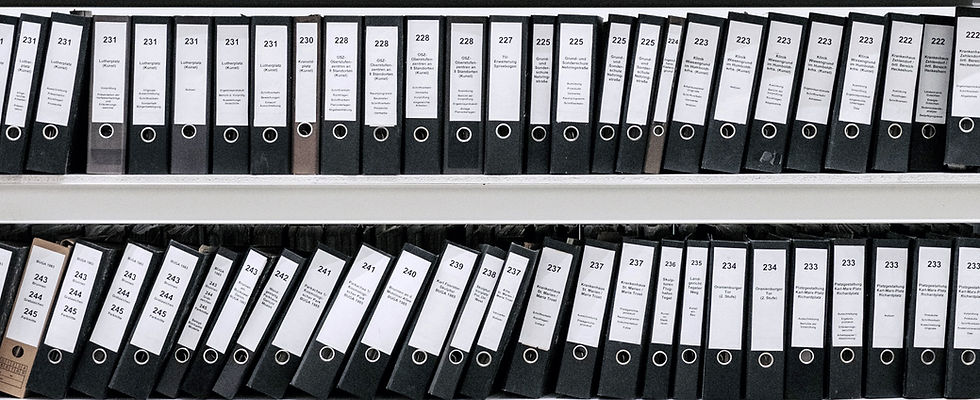
A need for a Universal Guidleines for War/Core Crimes Archiving
Proliferation of war /core crimes archives
A significant number of online archives related to war/core crimes have been made easily accessible on the public internet. Among the most notable are recent collections that document various war/core-crime atrocities through images, videos, and testimonials, often gathered by civilians within conflict zones. Other archives offer searchable databases of court documents, maps of mass graves, and tools for navigating international law. Legal experts and activists view these resources as crucial for open-source investigations and efforts to pursue justice for war/core crimes in modern conflicts.
Do-no-harm and effectiveness
While the preservation and protection of war/core-crime documentation are widely recognized as vital for investigations, reconciliation, and collective memory, key technical aspects of the IT infrastructure used by individuals or organizations managing these archives have not been sufficiently communicated to legal scholars. Only a few archive creators have detailed their processes and technologies, and there has been little analysis of the impact of database design. To ensure do-no-harm to the information providers, victims/survivors and the suspect/accused and maximize the effectiveness of the archives, a comprehensive study of existing archives and proposing a universal guidelines for their operation is essential.
Learning from the past
The experiences of documenting war/core crimes from the Second World War offer vital lessons in preventing memory loss, contamination of evidence, and the dangers of historical revisionism. As we enter an era where the firsthand witnesses of the war have passed away, the archives become an essential source of knowledge. The lessons learned from World War II provide a blueprint for preserving the integrity of current war archives and are fundamental to educating new generations about the realities of war. These insights are key to fostering peace education and contributing to peace studies globally.


Taxonomy of archives
-
Archives of evidence
-
collections of testimonies, images and other meta data that are meant to be used for prosecution or litigation.
-
-
Archives of legal materials
-
collections of statutes, rules, decisions, and judgements from various courts. These are to be used for legal research by lawyers and legal scholars.
-
-
Archives of memories
-
collections of stories, images or maps that has educational and policy purposes including reconciliation and prevention of historical revisionism.
-
Our Team.
War/Core Crimes Archiving is a multidisciplinary team of specialists, including legal experts, computer scientists, and archivists. Our team is dedicated to fostering collaboration with academics and professionals across diverse research fields, aiming to make innovative and transformative contributions to the archiving of war/core crimes evidence, legal materials and memories. We are committed to maintaining the highest ethical standards, ensuring that our work not only drives meaningful change but also prioritizes the well-being and dignity of individuals and communities affected by war crimes.
Relevant Publications
Megumi Ochi
Artem Galushko
Kaja Kowalczewska
Håvard Dagenborg
October 2025
Discover Artificial Intelligence
Volume 5, article number 12, (2025)
Artem Galushko Megumi Ochi
Maklu
2025






.jpg)





